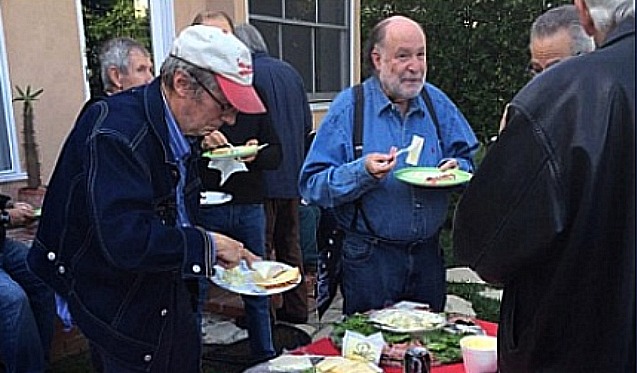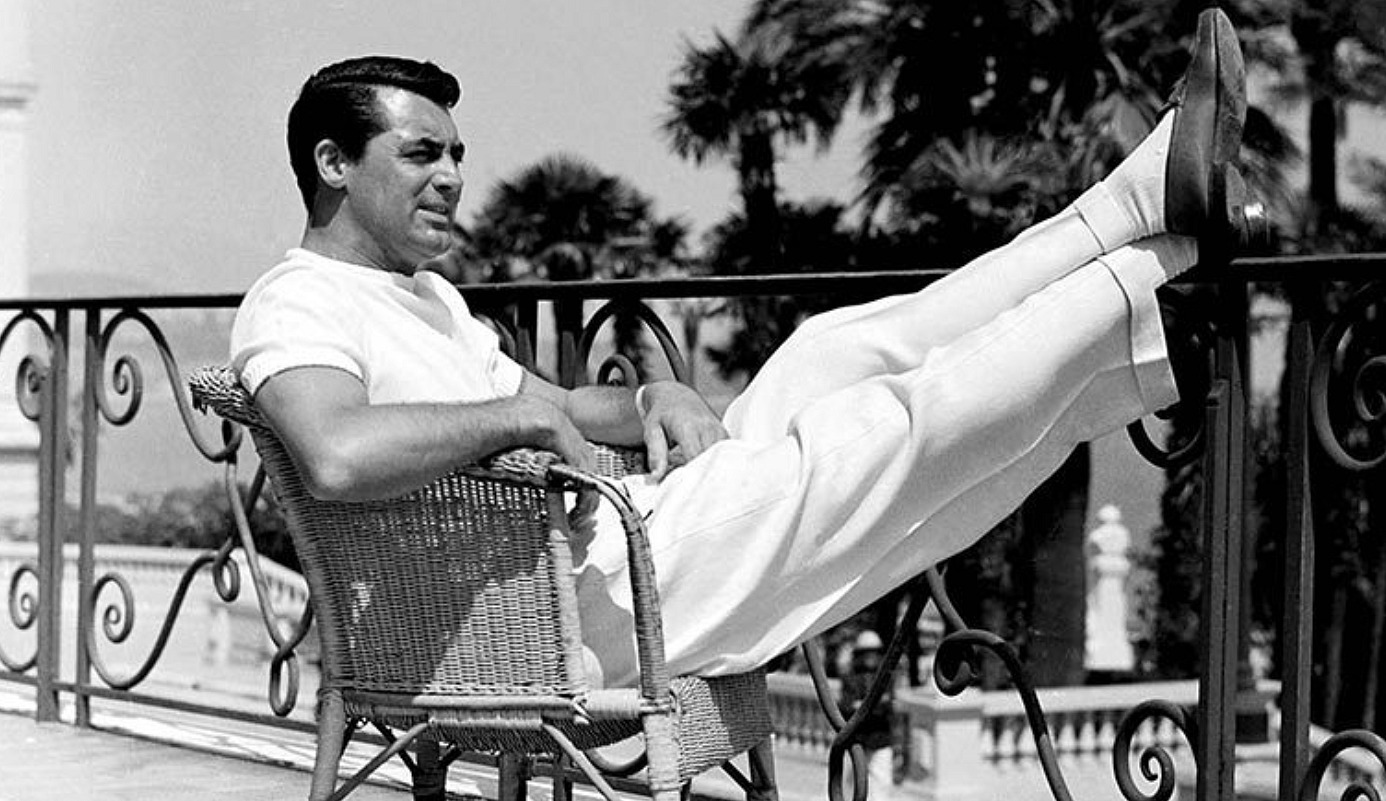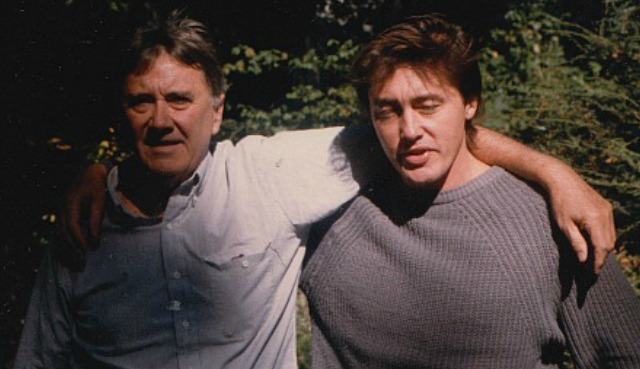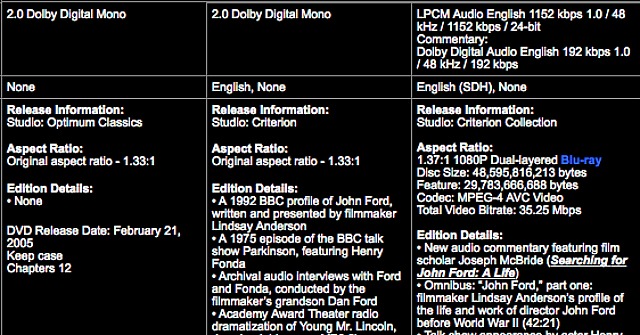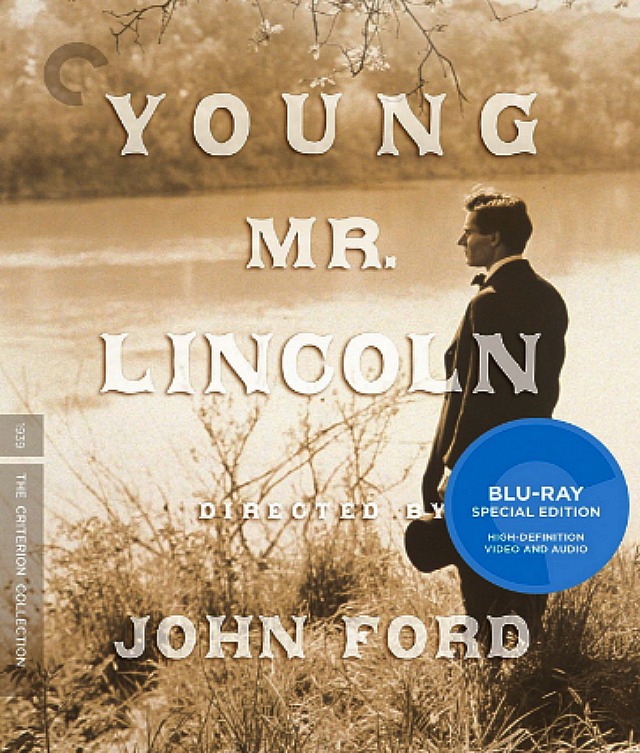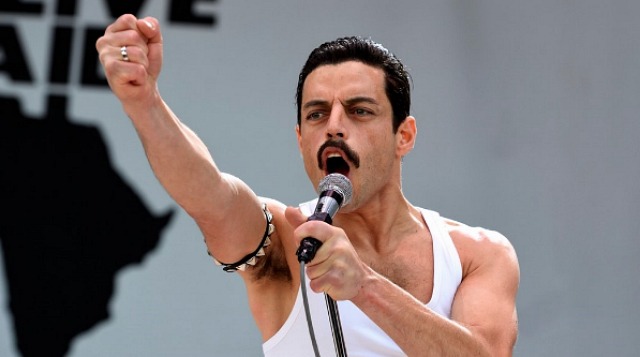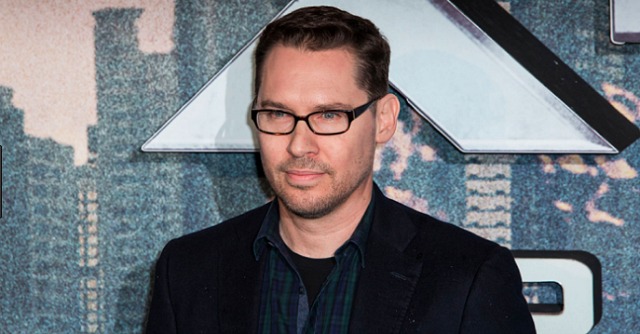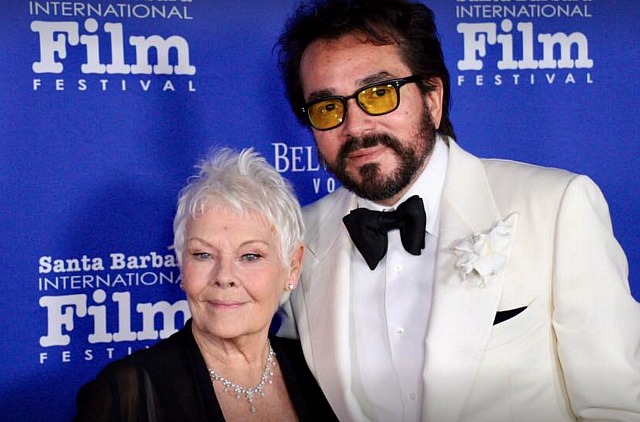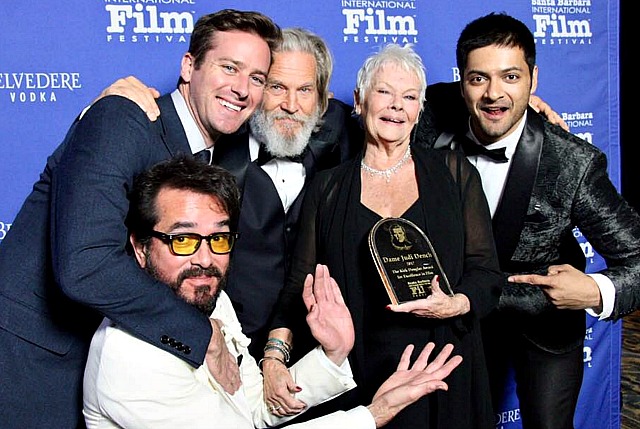What kind of oddball, left-field choices will the Los Angeles Film Critics Association share tomorrow (i.e., Sunday, 12.3)? If past award picks are any guide LAFCA will probably vote for someone or something of an eccentric cast. If nothing else LAFCA members will want to live up to their well-earned reputation as the quirkiest and foodiest of all the major critic groups.
As noted last year, LAFCA is the only prestigious film critic group that notoriously interrupts its voting process halfway through so the members can chow down on toasted bagels, scrambled eggs, potato salad, lox, cream cheese, cole slaw and red onions. Bon appetit! But LAFCA members have another reputation to live up to, and that is a determination to choose way outside the realm of semi-conventional, emotionally-centered thinking.

A nominee or two, I mean, that will win an award because of some kind of arbitrary, socially progressive, possibly Jen Yamato-endorsed notion or belief scheme of the moment. A choice, I mean, that will feel like the right kind of politically correct fulfillment or projection — a choice that will point the way and especially defy the Gurus of Gold and Gold Derby-ites. Has LAFCA’s eccentricity reached a point of self-parody? Could some members be fearful of letting people down if they don’t give an award to at least a couple of unlikely contenders? Sure seems that way.
Last year, for example, the Yamato cabal brought about a decision to give the org’s Best Supporting Actress award to Certain Women‘s Lily Gladstone, mainly because Gladstone was playing a lesbian Native American (two p.c. check marks) who was obsessively in love with Kristen Stewart. Another what-the-eff was LAFCA handing its Best Actor award to Adam Driver for his portrayal of a quiet, poetry-loving bus driver in Jim Jarmusch‘s Paterson. Driver had delivered a gentle, honestly spiritual vibe, but the main reason that LAFCA voted for him was that they were psychologically and constitutionally incapable of voting for Manchester By The Sea‘s Casey Affleck, the front-runner by a country mile.

